Greetings to Jesus’ Disciples,
Richard J. Foster in his book, Celebration of Discipline: The Path to Spiritual Growth, said that from 1861 to 1954, almost 100 years, there were almost no books published on fasting. Apparently fasting got a bad reputation due to the popularity of ascetic practices of the Middle Ages. Recently fasting has come into the limelight again as a good health and fitness practice. But for us, during Lent we are always encouraged to practice fasting as a spiritual discipline to draw us closer to Jesus.
On Wednesday we explored the spiritual discipline of fasting with BoxBob and BoxSue. I got a kick out of BoxBob thinking he was fasting because he was trying to do everything fast for a day. We have a tendency to speed through the things that introduce us to pain and suffering. As laughter opens us up so we can think again about fasting and how this practice helps us to draw near to Jesus.
Although the Bible never commands fasting, the practice seems so commonplace that the most we hear about it is how not to fast as in Isaiah 58:1-8 and Matthew 6:16-18 demonstrate. Otherwise, many biblical characters fasted along with prayer in a variety of circumstances.
Moses fasted when he wrote the 10 Commandments. David and Elijah were known to fast. Daniel had a partial fast with a restricted diet. For 3 weeks no delicacies, no meat or wine (Dan. 10:3) The widow Anna fasted and prayed at Temple before she saw the infant Jesus. Paul went into a 3 day fast (Acts 9:9) following his encounter with Jesus.
Most often fasting is an individual discipline but occasionally the Jews would have corporate fasts like on the Day of Atonement (Lev. 23:27). Fasting was a way of showing sorrow for their sins and gradually other fast days were added until there were over 20. Fasting for the Jews also came at times of national emergencies. When Judah was invaded, King Jehoshaphat called the nation to fast (2 Chronicles 20:1-4) and the whole city of Nineveh including animals fasted with sack cloth and ashes when Jonah came to town with God’s message to repent. Ezra had the exiles fast and prayed for safety on the bandit-infested road in Ezra 8:21-23.
Jesus gave us guidance on fasting as a discipline to center our attention on God’s relationship with us and not for show in community. Jesus fasted 40 days and was tempted by Satan and reminded us that bread is not the only thing to nurture and sustain our lives. Fasting, especially from food has a way of reminding us of the power of God’s word to sustain and nurture our lives.
Fasting gives us the opportunity to struggle and to walk with Jesus in times of discomfort to grow in our compassion and empathy for the suffering Jesus endured for us. This may help us to draw near to Jesus.
I’ll leave you with this poem about fasting by Justin Farley.
Bold Inquisitive Belief Loving Expansively,
Pastor Connie Spitzack
Fasting in the Desert
Strip yourself naked, unclothed of selfish desire. For it requires fuel to burn just as a raging fire.
If all thoughts revolve around me and mine, how am I to hear the voice of God, how am I to feel the presence of the Divine?
It's by starving addictions that we discover the depth of their roots.
Sometimes we must endure pain and misery to prepare our hearts for grander pursuits.
Contentment begins when we step into Silence's abode.
Here we find all we need and her blessings are bestowed.
For comfort comes not from out there but from within and fasting in the desert is where the search for God begins.
Justin Farley
https://alongthebarrenroad.com/2021/02/18/fasting-desert-godly-poem-about-contemplation-selfishness/
ctk

